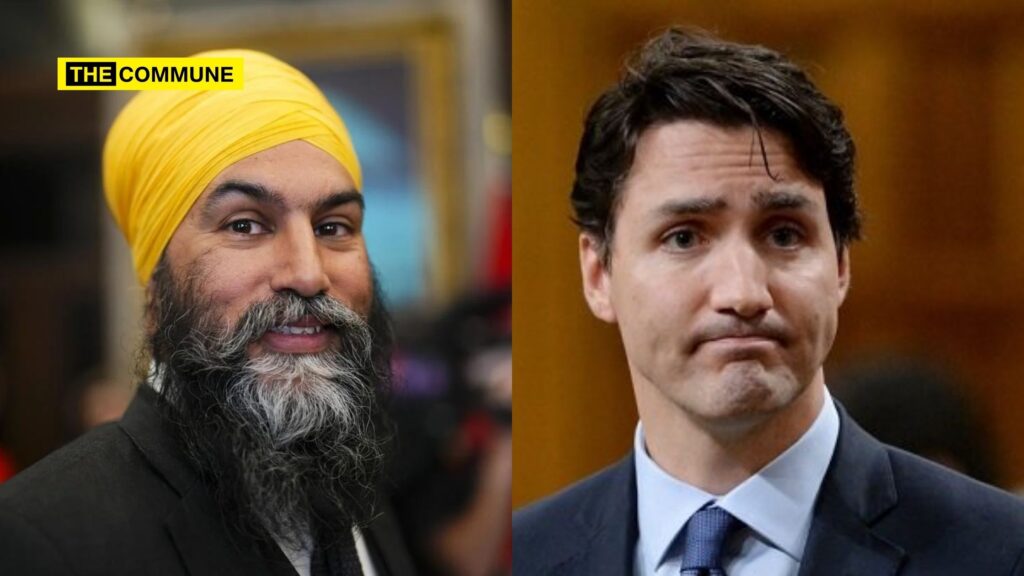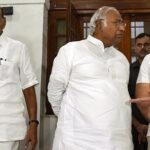Canadian Prime Minister Justin Trudeau is grappling with a significant political setback following the withdrawal of support from Jagmeet Singh, leader of the New Democratic Party (NDP). Singh’s decision marks a crucial turning point in Trudeau’s tenure, putting the stability of his minority government into question and altering the political landscape in Canada.
Singh’s withdrawal comes after protracted negotiations over key policy issues and budgetary concerns, which have increasingly strained the relationship between the NDP and Trudeau’s Liberal Party. This move is expected to have immediate repercussions on the government’s ability to pass legislation and maintain parliamentary support.
The NDP’s exit from the support agreement is rooted in unresolved disagreements over fiscal policies and social programs. Singh has voiced concerns that the Liberal government has not delivered on promises related to healthcare funding, housing affordability, and climate action—issues central to the NDP’s platform. The decision underscores a growing frustration among NDP members and their constituents about the pace and effectiveness of the Liberal administration’s reforms.
The implications of Singh’s withdrawal are far-reaching. Without the NDP’s support, Trudeau’s government faces the possibility of a confidence vote in Parliament. If the government fails to secure sufficient backing from other parties, it could lead to an early election, reshaping Canada’s political landscape and potentially bringing about a change in leadership. This scenario not only threatens the Liberal Party’s legislative agenda but also risks undermining Trudeau’s political capital at a critical juncture.
Trudeau’s administration had relied heavily on the NDP’s support to navigate the complexities of a minority government. Singh’s move signals a shift in the balance of power, emphasizing the fragility inherent in coalition politics. The Prime Minister must now navigate a tumultuous political environment, balancing the demands of opposition parties while striving to address the concerns raised by the NDP.
The political landscape in Canada is poised for a period of uncertainty. Analysts predict that Singh’s withdrawal could lead to a series of negotiations and realignments among parliamentary parties. The Liberal government may seek new alliances or attempt to address the issues raised by the NDP to regain support. Meanwhile, opposition parties are likely to capitalize on the situation, potentially intensifying calls for a change in government.
Singh’s decision also has broader implications for Canadian politics. It highlights the challenges faced by minority governments in maintaining stable coalitions and meeting the diverse expectations of their supporters. The move reflects a broader trend of increased scrutiny and accountability for political leaders, as well as a growing demand for substantive policy progress.




 BJP’s Alliance with Ajit-led NCP Causes Ripples Ahead of Maharashtra Elections
BJP’s Alliance with Ajit-led NCP Causes Ripples Ahead of Maharashtra Elections 